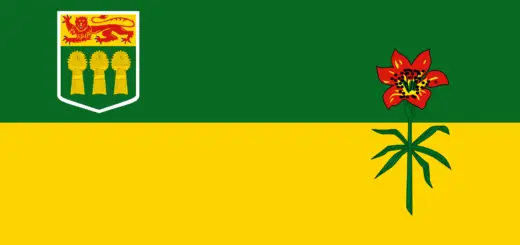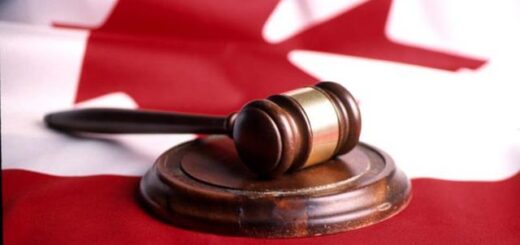Canada Day

Canada Day – the national day of Canada – (“Fête du Canada” – in French) is a federal statutory holiday in all Canadian provinces. Canada Day celebrates the anniversary of the Canadian confederation, when the nation was officially born on July 1, 1867. The British North America Act (known as the Constitution Act, 1867) created Canada by joining three provinces; Nova Scotia, New Brunswick, and Upper & Lower Canada into one country, called “Canada”. The holiday was known as Dominion Day until 1982 and then renamed “Canada Day” after the Canada Act of 1982.
Canada day is celebrated across the country and around the world by Canadians. The 100th anniversary of National day was celebrated in 1967. A commemorative Dollar banknote was also issued on this occasion.
Canada Confederation Milestones;
- 1867 – Birth of the Nation, Province of Canada (Upper & Lower Canada) divided into Ontario and Quebec.
- 1870 – Northwest Territories & Manitoba joined the confederation
- 1871 – British Columbia joins Confederation
- 1879 – “Anniversary of Confederation,” which is later called “Dominion Day becomes a National holiday
- 1898 – District of Yukon becomes a territory of Canada
- 1905 – Alberta and Saskatchewan joined the confederation
- 1917 – The 50th anniversary of the Confederation
- 1949 – Newfoundland & Labrador enters Confederation as the tenth province
- 1967 – The 100th anniversary of the Confederation
- 1982 – “Dominion Day” officially becomes Canada Day
- 1999 – Nunavut joined the confirmation




 Subscribe to our channel
Subscribe to our channel